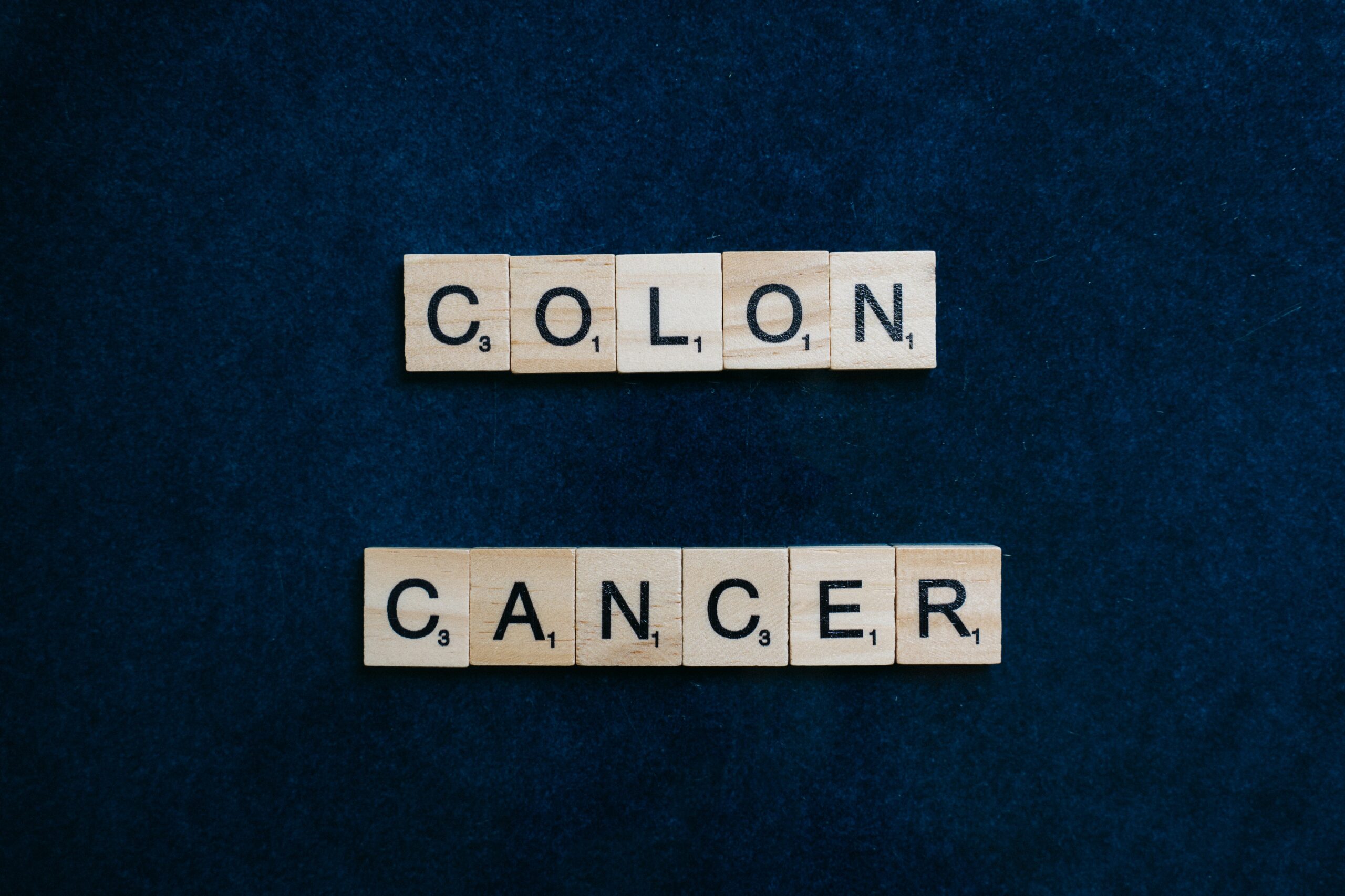Definition of the immunological test for screening for colorectal cancer
The immunological screening test for colorectal cancer replaces, since May 2015 in France, the Hemoccult II test, which made it possible to detect the presence of blood in the stool, and therefore the possible presence of a colorectal tumor or a precancerous lesion.
This test is more efficient: it would detect 2 to 2.5 times more cancers and 3 to 4 times more adenomas at risk of malignant transformation.
Remember that colorectal cancer is the second most common cancer in women behind breast cancer, and it ranks third in men, behind prostate and lung cancer. Its importance justifies the establishment of a large-scale screening test in most Western countries. In France, the test is systematically offered (by mail) from the age of 50, and up to 74, every 2 years. In Quebec, on the other hand, this screening is not yet systematic.
The course of the immunological test for screening for colorectal cancer
The immunological test is based on the detection of blood in the stool through the use of antibodies that recognize and cling to hemoglobin (the pigment of red blood cells).
It is easy to use, as it requires only one stool sample. In practice, you have to place a paper (provided) on the toilet seat to collect the stool and use the device provided (a rod) to take a stool sample. The rod is then returned to the tube, and the tube must be posted (along with the identification sheet) no later than 24 hours after the test has been carried out.
The test is 100% covered by Social Security.
What results can be expected from colorectal cancer screening?
The results are sent by mail or by internet within 15 days of sending. In 97% of cases, the test is negative: no presence of blood is detected.
Otherwise, it will be necessary to consult your doctor to undergo a colposcopy (examination of the entire lining of the colon using an endoscope) to ensure the absence of colorectal cancer.
Note that it happens that some polyps or cancers do not bleed at the time of sampling and are therefore not detected by the test. The patient will receive an invitation to repeat screening two years later. If before these two years, the person has digestive disorders (presence of blood in the stool, sudden change in transit, or even persistent abdominal pain), it is advisable to consult a doctor who can make a diagnosis.

